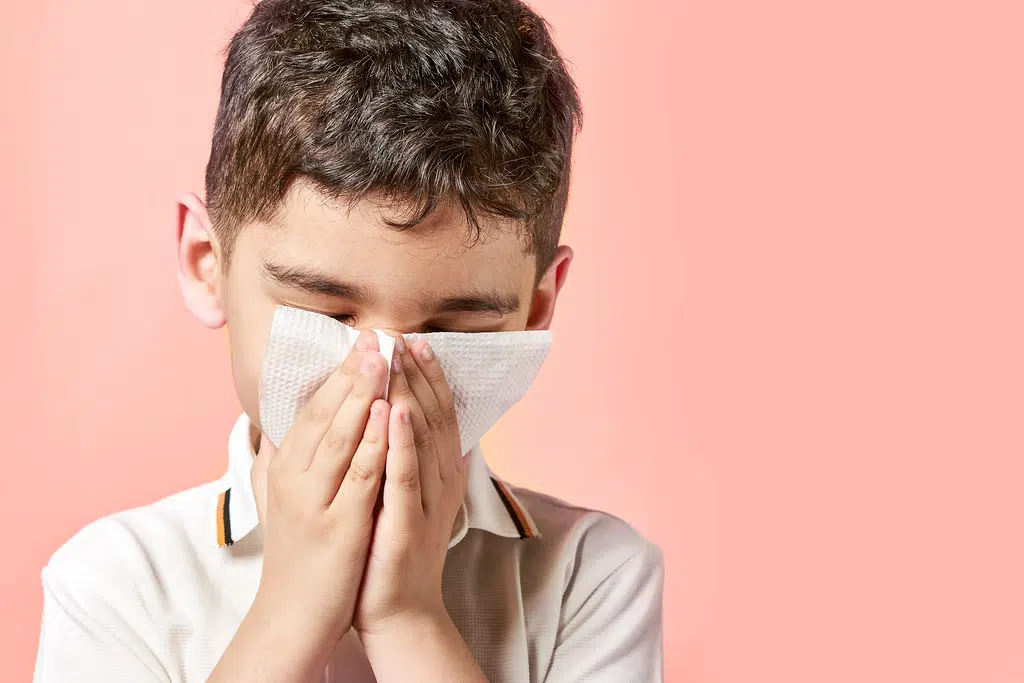Respiratory Syncytial Virus (RSV) has been making the rounds this year.
The respiratory virus can affect anyone, but symptoms in older children and adults can look much like the common cold.
Saskatoon pediatrician Athena McConnell says the virus can be more serious for children under the age of two.
In the latest report from the Ministry of Health, there were 67 cases of RSV in the province as of last Saturday. RSV hospitalizations rose from 11 to 23 in the most recent reporting period.
McConnell says the virus differs from others as the symptoms worsen with younger age, which can lead to breathing difficulties and even hospitalization.
The virus causes swelling in the airways of tubes leading to the lungs.
“In the little tiny kids, even a little bit of swelling in those airways can lead to a lot of difficulty in terms of air going through those swollen tubes,” she told Gormley.
The doctor said the risk of hospitalization increases with very young children.
“We see it as more of a problem if you are under two,” she said.
She said although our immune system is good at recognizing the virus in the form of antibodies, the respiratory antibodies do not last long.
“We’ve had a couple of really good years where we didn’t have RSV going around,” she said, noting the immune systems of a lot of young children haven’t been able to recognize the virus this year.
She added that every year an individual gets RSV, their immune system will recognize it faster.
She said this year in particular has dragged on. Although the virus is present year-round, it will peak at different times of year.
RSV season typically starts around October or November, peaks at Christmas and dies down around March. But this year in particular, McConnell says doctors have seen patients with RSV as early as spring and have experienced a second wave in the last few weeks.
As far as treatment and reducing swelling goes, McConnell says it’s unfortunate because there are no antibiotics to help.
“We have to wait for the body to get rid of the virus,” she said, noting that fluids and rest will support the body in doing so.
She reminds individuals to be a good neighbour and avoid spreading germs to high-risk children when experiencing cold-like symptoms.







